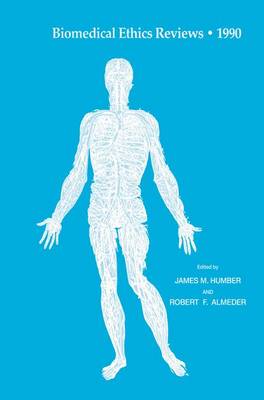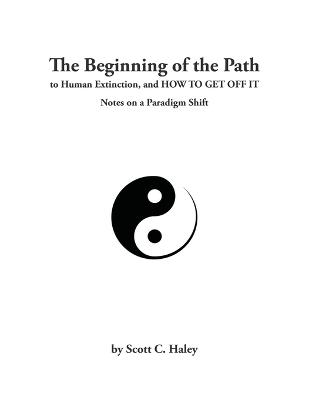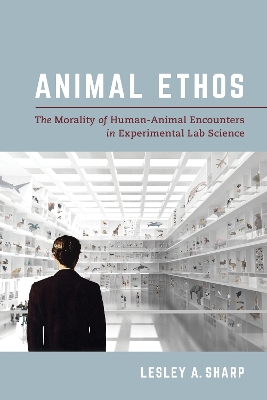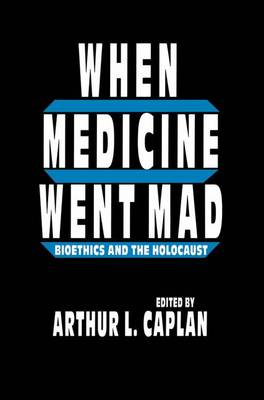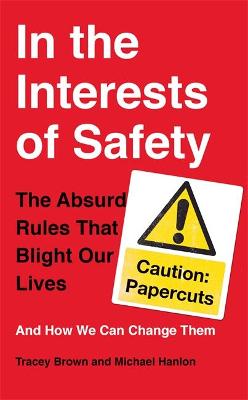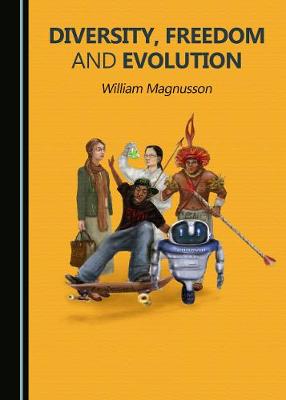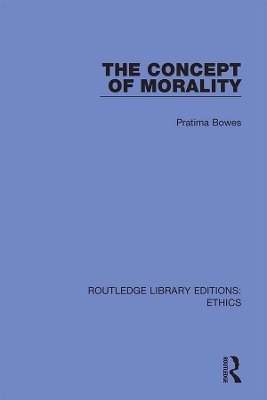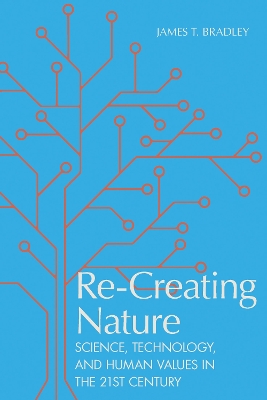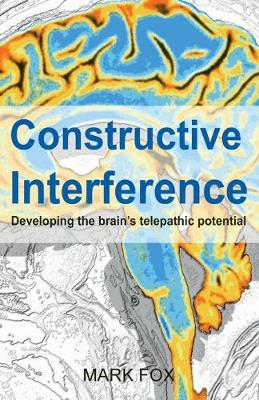New Directions in Ethics
Originally published in 1986, this book examines the extent to which existing ethical theory can provide an adequate framework for the resolution of practical moral issues. The contributors, all leading moral philosophers, provide an authoritative and comprehensive account of developments in ethical theory, with emphasis on issues in applied ethics. They explain the dominant ethical theories, survey major field of applied ethics and speculate about the future of ethics.
A Christian Field Guide to Technology for Engineers and Designers
by Ethan J. Brue, Derek C. Schuurman, and Steven H. VanderLeest
Our technology shapes the way we live, interact, work, play, and even worship. Technology and its power are both old and new-as is the wisdom we need to envision, design, build, and use it well. For Christians passionate about developing technology, it's not always clear how their faith and work intersect. How can designing and using technology actually be a way of loving God and our neighbors? Veteran engineers and teachers Ethan Brue, Derek Schuurman, and Steve VanderLeest provide a field guid...
Biomedical Ethics Reviews * 1990 is the eighth volume in a series of texts designed to review and update the literature on issues of central importance in bioethics today. Two topics are discussed in the present volume: (1) Should the United States Adopt a National Health Insurance Plan? and (2) Are the NIH Guidelines Adequate for the Care and Protection of Laboratory Animals? Each topic constitutes a separate section in our text; introductory essays briefly summarize the contents of each sectio...
The Understanding of Nature (Boston Studies in the Philosophy and History of Science, #23)
by Marjorie Grene
No student or colleague of Marjorie Grene will miss her incisive presence in these papers on the study and nature of living nature, and we believe the new reader will quickly join the stimulating discussion and critique which Professor Grene steadily provokes. For years she has worked with equally sure knowledge in the classical domain of philosophy and in modern epistemological inquiry, equally philosopher of science and metaphysician. Moreover, she has the deeply sensible notion that she shoul...
The Beginning of the Path to Human Extinction, and HOW TO GET OFF IT - Notes on a Paradigm Shift
by Scott Haley
What kinds of moral challenges arise from encounters between species in laboratory science? Animal Ethos draws on ethnographic engagement with academic labs in which experimental research involving nonhuman species provokes difficult questions involving life and death, scientific progress, and other competing quandaries. Whereas much has been written on core bioethical values that inform regulated behavior in labs, Lesley A. Sharp reveals the importance of attending to lab personnel’s quotidian...
Memory and Sexual Misconduct
Memory and Sexual Misconduct: Psychological Research for Criminal Justice investigates the veracity of memories of sexual misconduct and the factors that may influence accurate recall, and fundamentally assesses whether psychological science can help the criminal justice system in determining which accusations are likely to be accurate, and which are not. In recent years, the public has been inundated with announcements of sexual assault allegations, in particular against public figures like po...
Can we do better in space than we’ve done here on Earth? We’ve pinpointed the destination, refined the technology, designed the habitat, outfitted our space residents. Are we forgetting something? A timely reminder that it’s not just rocket science, this thought-provoking book explores the all-too-human issues raised by the prospect of settling in outer space. It’s worth remembering, Erika Nesvold suggests, that in making new worlds, we don’t necessarily leave our earthly problems behind. Acco...
Regenerative Medicine Ethics
This book puts the ethics, policy and politics of stem cells into context in a way that helps readers understand why past and current issues have developed the way they have and what the implications are for their work going forward. It also addresses emerging issues as the field progresses towards clinical and industrial uses.While there is a superabundance of material on the ethics of embryo use and questions of embryonic "personhood," there is little that covers what practicing scientists a...
When Medicine Went Mad (Contemporary Issues in Biomedicine, Ethics, and Society)
by Arthur L. Caplan
In When Medicine Went Mad, one of the nation's leading bioethicists-and an extraordinary panel of experts and concentration camp survivors-examine problems first raised by Nazi medical experimentation that remain difficult and relevant even today. The importance of these issues to contemporary bioethical disputes-particularly in the thorny areas of medical genetics, human experimentation, and euthanasia-are explored in detail and with sensitivity.
Rights to Health Care (Philosophy and Medicine, #38)
by Thomas J. Bole and W. B. Bondeson
Human existence is marked by pain, limitation, disability, disease, suffering, and death. These facts of life and of death give ample grounds for characterizing much of the human condition as unfortunate. A core philosophical question is whether the circumstances are in addition unfair or unjust in the sense of justifying claims on the resources, time, and abilities of others. The temptation to use the languages of rights and of justice is und- standable. Faced with pain, disability, and death,...
Does an airline pilot really need to surrender his tweezers at airport security when he's about to board an aircraft equipped with an axe on the back of the cockpit door?Can a mobile phone really cause a major explosion at a petrol station?And is there really a good reason why you should be prevented from swimming in a lake more than a foot deep? These rules exist, and they exist in the name of our own protection. But in this engrossing dissection of global safety rules and security regulations...
This book grapples with the numerous risks organizations face in order to succeed. These include economic risks, disaster risks, supply-chain risks, regulatory risks, and technology risks, all of which affect organizations in different ways and in varying degrees. Referencing Mahatma Gandhi’s seven unethical behaviors in the business world—wealth without work, pleasure without conscience, knowledge without character, commerce without morality, science without humanity, religion without sacrific...
Science is responsible for most of the miracles that define modern life. This leads to the disconcerting situation where need and belief are in conflict. There is an enormous literature about science and evolution in particular, but all previous authors have missed the point that evolution gives us basic tenets that are not situation- or culture-dependent. This book shows that the potential for evolution is based on the tenets of diversity and freedom, which also underlie most of the ethical and...
Climate Change and Animal Health (CRC One Health One Welfare)
This benchmark publication assembles information on the current and anticipated effects of climate change on animal health. It empowers educators, managers, practitioners, and researchers by providing evidence, experience, and opinions on what we need to do to prepare for, and cope with, the largest threat ever to have faced animals on this planet. With expert contributors from across the globe, the text equips the reader with information and means to develop sustainable adaptation or mitigation...
The digital era has redefined our understanding of ethics as a multi-disciplinary phenomenon. The newness of the internet means it is still highly unregulated, which allows for rampant problems encountered by countless internet users. In order to establish a framework to protect digital citizenship, an academic understanding of online ethics is required. Multidisciplinary Approaches to Ethics in the Digital Era examines the concept of ethics in the digital environment through the framework of di...
In this book, originally published in 1959, the author believes that general moral concepts embody conceptions of standards in accordance with which particular moral judgments proceed and these may become objects of theoretical understanding and knowledge - and hence be treated as facts in some context of a moral nature - in an ethical enquiry that is philosophical in character. The book clarifies the implications of conceptions which are used when aspects of our experiences are evaluated from a...
An exploration of the moral and ethical implications of new biotechnologies. Many of the ethical issues raised by new technologies have not been widely examined, discussed, or indeed settled. For example, robotics technology challenges the notion of personhood. Should a robot, capable of making what humans would call ethical decisions, be held responsible for those decisions and the resultant actions? Should society reward and punish robots in the same way that it does humans? Likewise, issues...
Philosophy of Time (Routledge Contemporary Introductions to Philosophy)
by Sean Enda Power
As a growing area of research, the philosophy of time is increasingly relevant to different areas of philosophy and even other disciplines. This book describes and evaluates the most important debates in philosophy of time, under several subject areas: metaphysics, epistemology, physics, philosophy of language, philosophy of mind, cognitive science, rationality, and art. Questions this book investigates include the following. Can we know what time really is? Is time possible, especially given m...
One of the most renowned evolutionary biologists at work today, Richard Dawkins has written passionately for years on subjects that matter deeply to him - and matter urgently to all of us. A Devil's Chaplain brings together the best and most provocative of his essays, on subjects ranging from evolution to ethics, from travel to literature, from education to religion. The result is an intriguing portrait of one of the finest minds in science. With eloquence and vigor, these essays put forward Da...
Exploring the streets of London, Manchester, Belfast, Edinburgh or Cardiff, one cannot help but notice the striking transformations taking place in the urban landscapes. This prominent regeneration of urban areas in the UK and around the world has become an increasingly important issue amongst governments and populations. The growing concern has been a result of the impacts of the decline of cities since the collapse of manufacturing industries and the heightening of global competition. A range...


